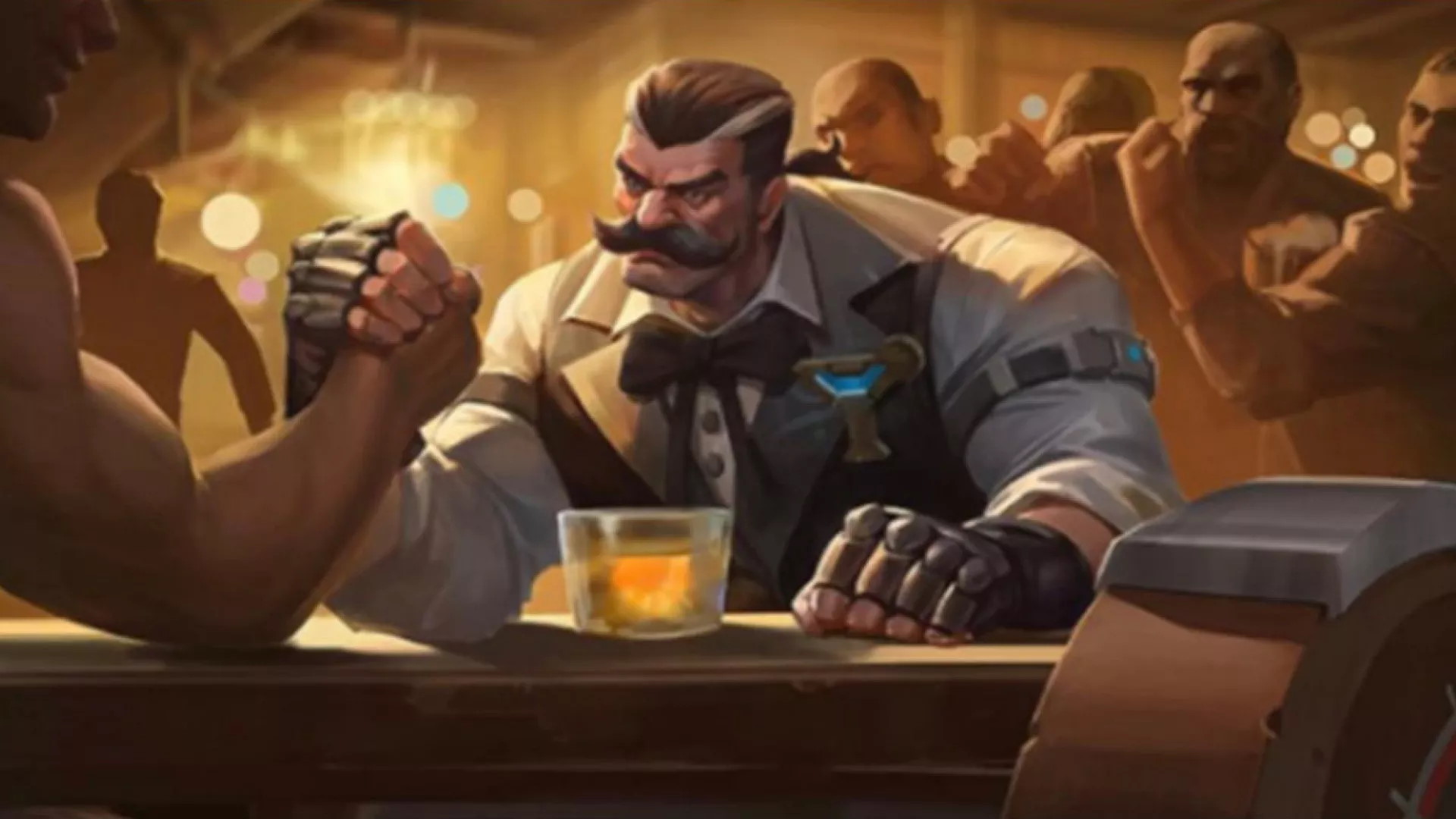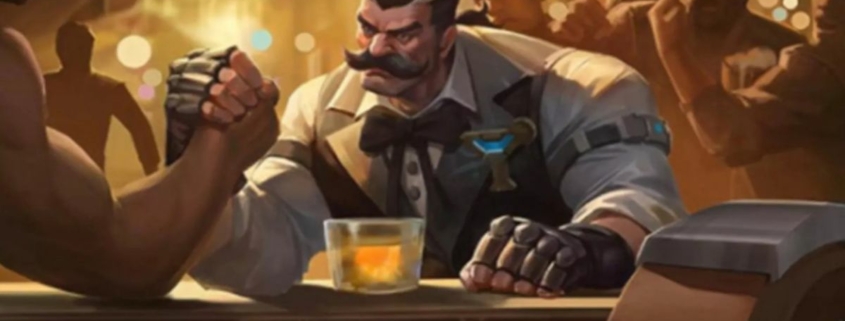US judge tells Riot to take League of Legends lawsuit to China

A US judge has dismissed Riot Games’ lawsuit against Shanghai Moonton (opens in new tab) over the Mobile Legends: Bang Bang mobile game, saying the dispute between the two companies should be resolved in China.
The order to dismiss the case (opens in new tab) was granted following the filing of a forum non conveniens (opens in new tab) motion by Shanghai Moonton—effectively a request to have the case moved to a more appropriate court. Riot opposed the motion on three separate points, including China’s “evidentiary and Covid-19 travel restrictions,” but the judge in the case rejected all three arguments.
Noting that Riot is fully owned by Chinese conglomerate Tencent, which is not taking part in this case but pursuing a separate legal action against Shanghai Moonton in China, the court said it would be “unfair to allow Riot and Tencent to bring a two-front war against Moonton unless and until Tencent decides to show up on both battlefield.”
Riot’s complaints about the more restrictive discovery rules in China, which is says will unfairly advantage Shanghai Moonton, also failed to hold sway: The lawsuit was dismissed without prejudice, and the ruling states that “if the evidentiary hurdles in China genuinely prove fatal to certain of Riot’s claims (ie., regarding those removed [Mobile Legends: Bang Bang] promotional trailers), Riot can bring an action specifically regarding those claims in this court.”
The dispute between Riot and Shanghai Moonton actually goes back years, and includes two other games called Mobile Legends: 5v5 MOBA and Magic Rush: Heroes. Riot said in a 2017 lawsuit that Moonton “developed and distributed a succession of mobile games designed to trade off Riot’s well-known and valuable intellectual property,” and that when Riot complained about the infringement, Moonton removed the game from distribution but then re-released it, with some “modest changes,” as Mobile Legends: Bang Bang. That case was also dismissed for the same reason as this one, a decision referenced by the judge in this ruling.
“The question is whether circumstances have truly changed from those that existed in 2017 or whether Riot simply seeks a second bite at the apple, unhappy with the progress (or lack thereof) in the still on-going, parallel China litigation,” the ruling states. “The Court deems the latter to be the case.”
“For years, the parties have been litigating highly related copyright claims in China that raise many of the same issues that Riot is now trying to re-raise in the US,” said Ajay Krishnan, a partner at Moonton’s legal firm Keker, Van Nest & Peters. “It would have been duplicative, inefficient, and wholly unfair to proceed with this case in the U.S., where Moonton would lack access to key evidence and witnesses.”
Riot, of course, feels very differently about the ruling, and said it is considering its options.
“We strongly disagree with the court’s decision and especially its worrying conclusion that China is an ‘adequate alternative forum’ for a US company to pursue its claims of copyright infringement that occurred in the US,” a company representative said in an email sent to PC Gamer. “The idea of having US citizens apply for M5 visas to fly overseas in order to ask a Chinese court for relief concerning works that were both created and infringed in the US—defies common sense. On top of that, Moonton’s knock-off game isn’t even available in China. We are exploring all possible options, including an appeal.”
Source link




